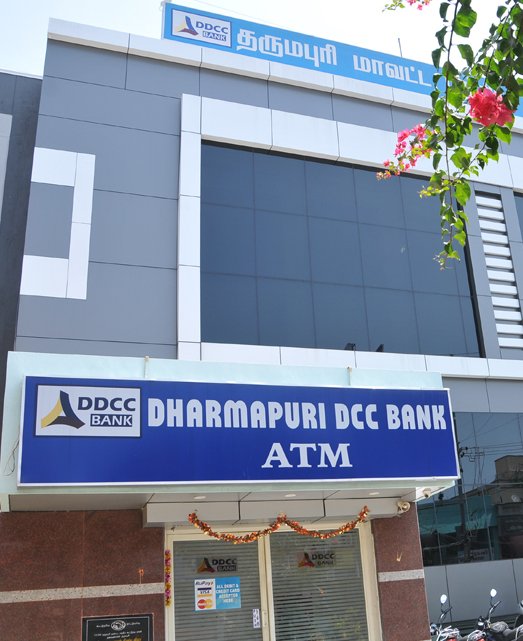Tamil Nadu-based co-operative bank penalized for violating Section 20 of the Banking Regulation Act by sanctioning loans to its own directors.
MUMBAI (India CSR): The Reserve Bank of India (RBI), through an order dated August 19, 2025, has imposed a monetary penalty of Rs. 1 lakh on The Dharmapuri District Central Co-operative Bank Ltd., Tamil Nadu. The central bank took this step after finding the bank guilty of violating Section 20 read with Section 56 of the Banking Regulation Act, 1949.
The penalty was enforced under the RBI’s powers granted by Section 47A(1)(c) read with Sections 46(4)(i) and 56 of the BR Act, which allow the regulator to penalize banks for non-compliance with statutory obligations.
Inspection and Supervisory Findings
The case originated from a statutory inspection by NABARD (National Bank for Agriculture and Rural Development), which reviewed the bank’s financial health as of March 31, 2024.
The inspection revealed clear contraventions of statutory provisions. Following this, the RBI issued a show-cause notice to the Dharmapuri District Central Co-operative Bank, seeking an explanation. The bank submitted its reply and also made oral submissions in a personal hearing.
After careful consideration, the RBI concluded that the violations were indeed committed and thus warranted a monetary penalty.
Key Reason Behind the Penalty
Sanctioning Loans to Directors
The most critical violation was the sanctioning of loans to the bank’s own directors, a direct breach of Section 20 of the BR Act, 1949.
- Section 20 strictly prohibits banks from granting loans and advances to their directors or to any entities in which such directors have a vested interest.
- This safeguard exists to prevent conflict of interest, protect depositor funds, and uphold governance integrity in banking institutions.
- By sanctioning such loans, the Dharmapuri District Central Co-operative Bank compromised the very principles of accountability and transparency.
RBI’s Clarification on the Action
The RBI emphasized that this action was taken purely on the basis of statutory compliance failures.
- It does not affect the validity of customer transactions or agreements entered into by the bank.
- Moreover, the regulator clarified that this penalty does not preclude further regulatory or supervisory measures that could be initiated against the bank if required.
Implications for the Co-operative Banking Sector
This penalty underscores the RBI’s growing vigilance over district and urban co-operative banks, which have historically been prone to governance lapses.
- Director-related lending is one of the most serious breaches, as it risks misuse of depositor funds and damages public trust.
- The case sends a strong message to other co-operative banks in Tamil Nadu and across India to strengthen compliance mechanisms, board oversight, and internal governance practices.
- The RBI’s action reinforces the principle that no bank, regardless of size or location, can escape regulatory scrutiny when statutory norms are violated.
(India CSR)





